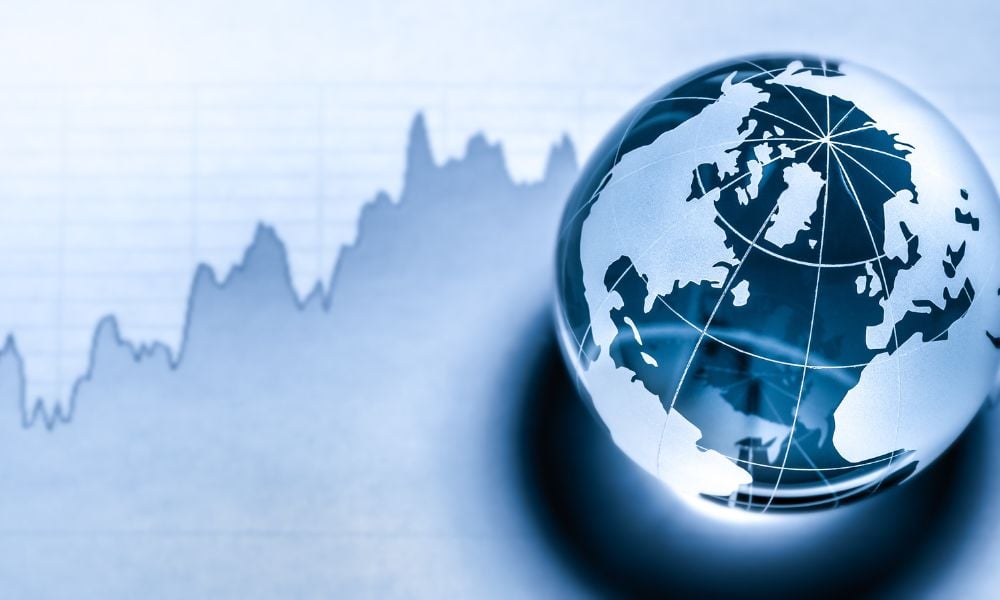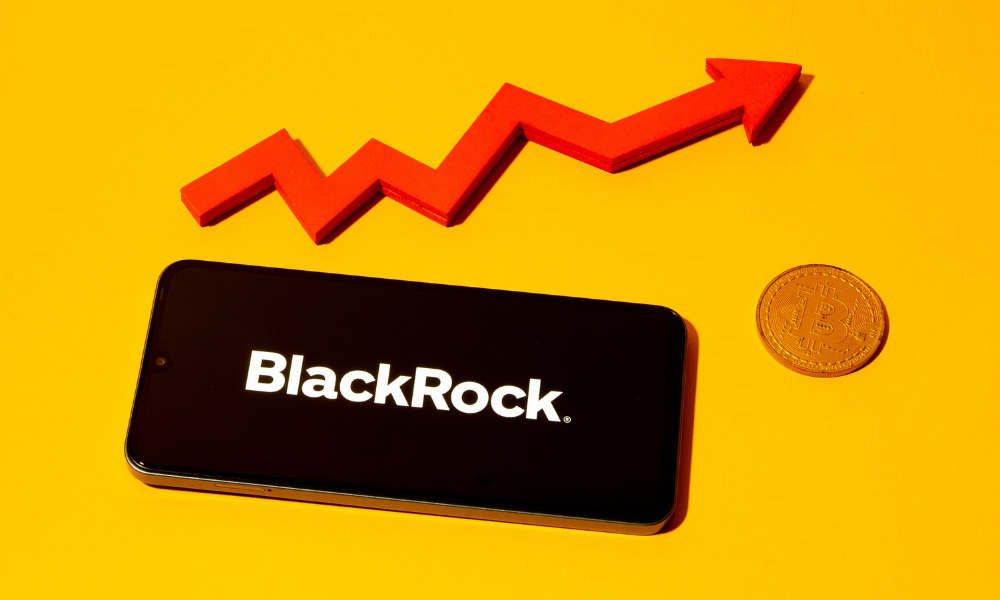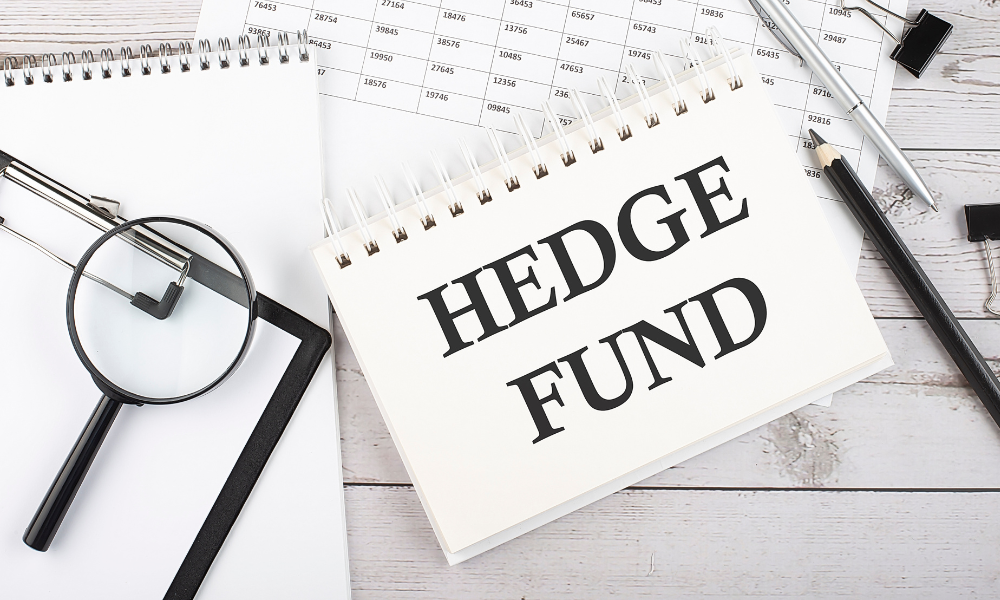The famous Gluskin Sheff chief economist has made a broad call to avoid the herd’s high expectations in 2017
In a recently released report of his outlook for 2017, Gluskin Sheff Chief Economist and Strategist David Rosenberg adopted a broadly skeptical stance with regards to the inspiration for recent market movements.
“The question is what sort of growth we get,” Rosenberg said in his note. “And as we saw with all the promises from ‘hope and change’ in 2008, what you see isn’t always what you get.”
Citing statistics from various agencies, the renowned economist highlighted contrasts between sentiments of market players and their actual intentions.
“There is perception and then there is reality. Perception is unequivocally bullish… But spending intentions [among consumers] on both autos and housing actually both fell a point… [and] the [NFIB] index assessing whether [small businesses in the US] intend to boost their own capital spending in the next three to six months fell to a six-month low of 24 from 27.”
He also cited two major factors that would likely confound attempts to make solid predictions for the next year: heightened market volatility “that will intensify in 2017 because of the political dynamics in the US as well as in Europe,” and “a [US] president who tweets the first thing that comes to his head” and has so far acted in ways counter to his campaign trail promises.
Even discounting the incoming US president’s notoriously contradictory behavior, Rosenberg believes that the markets are pricing in too much from the Trump factor. “[A]nyone who thinks one man can reverse on his own the structural forces that led to the multi-year disinflation trend — and I’m talking about excessive debt, globalization, aging demographics and technology — needs to go back to economics school right away,” he said.
The economist also sounded notes of caution that market optimism has turned into recklessness, citing the CNN “fear and greed” index at 87% – a level that, based on history, indicates a “case of chasing nickels in front of a steamroller” – and price-to-earnings multiples of 20x on trailing and 18.5x on forward, 15-year highs that cannot be justified by low interest rates alone.
“I believe that fading the inflation psychology and… moving against the herd mentality will likely bear fruit in what is probably going to be an even more intense roller coaster ride than what we witnessed in 2016,” he concluded.
Related stories:
How could Trump impact bond ETFs?
The investment outlook for 2017
“The question is what sort of growth we get,” Rosenberg said in his note. “And as we saw with all the promises from ‘hope and change’ in 2008, what you see isn’t always what you get.”
Citing statistics from various agencies, the renowned economist highlighted contrasts between sentiments of market players and their actual intentions.
“There is perception and then there is reality. Perception is unequivocally bullish… But spending intentions [among consumers] on both autos and housing actually both fell a point… [and] the [NFIB] index assessing whether [small businesses in the US] intend to boost their own capital spending in the next three to six months fell to a six-month low of 24 from 27.”
He also cited two major factors that would likely confound attempts to make solid predictions for the next year: heightened market volatility “that will intensify in 2017 because of the political dynamics in the US as well as in Europe,” and “a [US] president who tweets the first thing that comes to his head” and has so far acted in ways counter to his campaign trail promises.
Even discounting the incoming US president’s notoriously contradictory behavior, Rosenberg believes that the markets are pricing in too much from the Trump factor. “[A]nyone who thinks one man can reverse on his own the structural forces that led to the multi-year disinflation trend — and I’m talking about excessive debt, globalization, aging demographics and technology — needs to go back to economics school right away,” he said.
The economist also sounded notes of caution that market optimism has turned into recklessness, citing the CNN “fear and greed” index at 87% – a level that, based on history, indicates a “case of chasing nickels in front of a steamroller” – and price-to-earnings multiples of 20x on trailing and 18.5x on forward, 15-year highs that cannot be justified by low interest rates alone.
“I believe that fading the inflation psychology and… moving against the herd mentality will likely bear fruit in what is probably going to be an even more intense roller coaster ride than what we witnessed in 2016,” he concluded.
Related stories:
How could Trump impact bond ETFs?
The investment outlook for 2017



